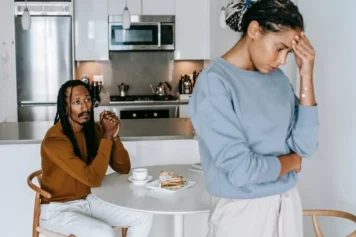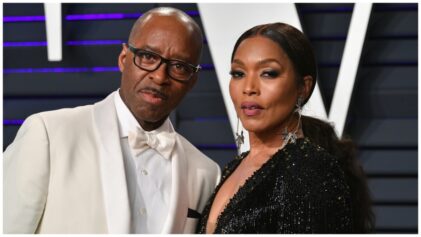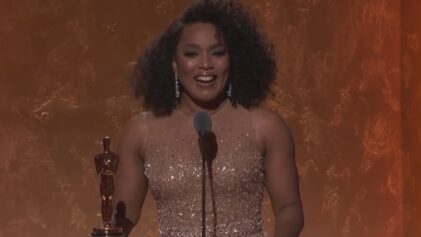Angela Bassett, Lynn Whitfield, Kimberly Elise, Taraji P. Henson, Viola Davis, and Mary J. Blige recently gathered together to discuss the importance of representation in film and TV, who influenced them throughout their careers, and how mainstream Hollywood still hasn’t gotten diversity right.
The six long-time and highly-celebrated Black Hollywood actresses joined T: The NYTimes Style Magazine for a day of camaraderie, laughter, and reflection. During the profile, the acting veterans, who were no strangers to one another, mused on the moments when they get to enjoy one another’s company. “When we come together it’s like we’re old friends, it’s like we’ve known each other forever, and it’s because we’ve all walked a similar journey,” said Kimberly Elise
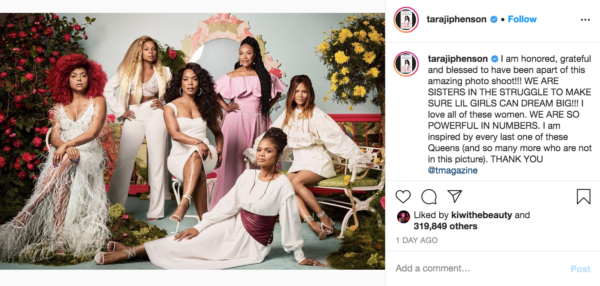
Berry credits the similar hurdles they’ve had to overcome as Black women as the core of her bond with the women. “I feel a kinship with other black women because we understand it the same,” she told the mag. “We have a knowing about the struggle and about how hard it’s been for us.”
“We’re all so unique in what we bring,” said Bassett of the diversity of the group. “It’s always been that way. Graduating from drama school and running into each other in the audition space and once it’s over we may walk 30, 40, 50 blocks together in New York City just commiserating, talking, laughing, sharing.”
As the women continued to chase their dreams, the majority looked to the few Black women in Hollywood that came before them as inspiration. Berry named Dorothy Dandridge, whom she went on to portray in the 1999 TV movie “Introducing Dorothy Dandridge,” as a role model.
Davis was drawn to the likes of Rosalind Cash, Paula Kelly, and Ruby Dee, but credits Cecily Tyson with helping her see herself on the big screen. “You’re a little black girl with dark skin and a wide nose, you’re not cute … you’re nothing,” she admitted. “You’re invisible. That’s when you understand the importance of a role model.”
Whitfield’s love of the craft came from Diana Sands and Lena Horne, while Mary J. Blige revealed that she looks up to two talents that are in her same age group, Regina Hall and Sanaa Lathan.
While every actress featured is a well-known name now, they’ll never forget the roles that helped push them to the next level of their careers. Taraji P. Henson got her start on the ’90s sitcom “Smart Guy” but credits Black classic “Baby Boy” with making her a star. “My first television role was on a sitcom called ‘Smart Guy.’ I would say my first breakout role was definitely Yvette from ‘Baby Boy,’” she said.
Bassett’s character in “Boyz in the Hood” sticks out to her as a breakthrough moment. “I think one of my earliest roles would have to be ‘Boyz in the Hood.’ That movie, directed by the great John Singleton, was a breakout in and of itself,” she said of the 1991 Black classic. “There were a lot of actors in that movie who woke up the audience and I happened to be a part of that.”
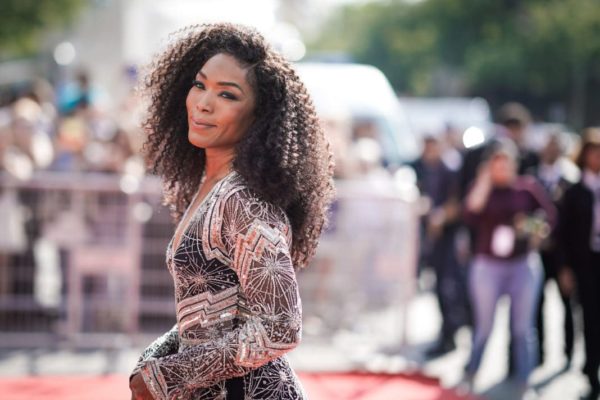
Davis felt she’d hit her highest career moment when she starred opposite Meryl Streep in “Doubt.” “I was with Meryl Streep and Philip Seymour Hoffman, Amy Adams. I thought that that was it. It’s over, done, I made it.”
While all involved agreed that Hollywood has made steps in the right direction recently, they also noted that the industry still has plenty of room for continued improvement. “What I see Hollywood do, is they will feature one or two of us, and the rest of us are ignored like we don’t exist. It gives the illusion that we’re moving forward, but it’s really disempowering the collective,” Elise stated.
Davis pointed out that since the quantity of roles are increasing, it’s now time to focus on the details. “Now in terms of the quality of roles out there. That’s what we have to work on,” she pointed out.
She went on the explain that instead of looking to others to provide opportunities, Black actresses should look inward first. “You have more actresses of color who are now producing, and that means that we’re now understanding that we have to be the change that we have to see.”
